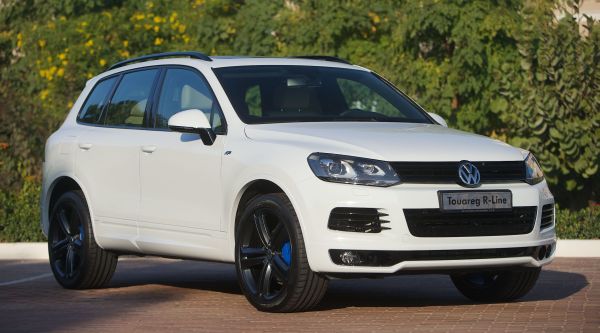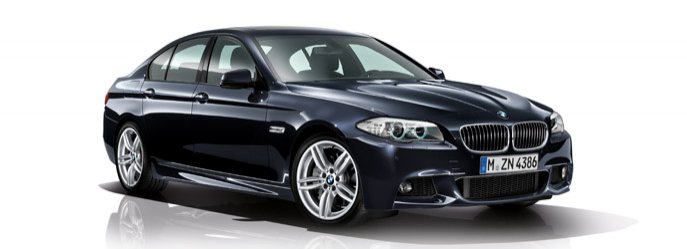Tuning a vehicle that uses diesel and is not turbocharged, is time wastage. On a similar note, those, which don’t utilize direct infusion electronically, will make tuning pointless. For that reason, we are often restricted to contemporary turbo diesels. Normally, the more current and advanced Common Rail engines are superior to the old Pumpe Duse ones as they more tunable; though both have good gains.
Remapping of 406 2.2 HDi 2001 plated Peugeot from the production line spec 136bhp has since produced an astounding 192bhp@4150rpm and 32lbft. The process enables the auto to have a mid-range thump like in the Audi TT and would less likely disfavor it with a choice of a senseless motor. The car is, therefore, faster and doesn’t require any stopwatch.
 Advantages of modern Diesel
Advantages of modern Diesel
- Saves more fuel compared to powered petrol
- Gives a vehicle additional mid-range power and torque
- From remapping, it gets both economy and power gains.
- Disadvantages of modern Diesel
- Is a little bit noisier than a petrol engine
- Slightly more costly in servicing than a petrol auto
- Produces smelly and sooty exhaust fumes
- Has an impartial rev range and a slim power band
- Have heavier engines
Before tuning a diesel engine for maximum power and torque, you have to be sure to handle the effect of the force that will accompany it. For instance, the current 535d and 330d are usually hurried from the industry, and they can be tuned to deliver more torque. But you ought to be sure to handle them since they quickly toss forward when responding to a delicate brake.
Some claim that auto manufacturers discreetly under-tune the performance of diesels so as to create a market for other models that are petrol powered.
Diesel exhaust chatterbox is usually larger than the same car that is powered by petrol particularly on Turbo Diesel models. Nonetheless getting rid of the particulate strainer typically gives a decent power boost.
Traditional tuning of a diesel engine head doesn’t yield much result as diesel is combusted very slowly and also has a restricted rev range. The only option is to ensure the flame front within the ignition compartment accelerates quicker than the piston crest. It is accomplished by allowing little portions of fuel to be injected into the enlargement stage of the motor’s cycle.
The (BMEP) Brake Mean Effective Pressure can be increased to boost power and torque. It is quite simple, as a huge percent of the atmosphere is nitrogen, and it provides a cooling effect. Unfortunately, it is incombustible. Nitrous can be used as an alternative as it is used in petrol fueled vehicle.
Cetane rating increase of diesel fuel can also equally increase the discharge of free power. For a diesel engine, the solution is getting the fuel to combust more quickly. Petrol motors have a higher octane number and therefore burn more gradually. Fuel pre-warming and direct infusion into the ignition chamber is vital so as to improve productivity and velocity of combustion.
Cetane improvers can likewise be used, though they are expensive and ought not to be used in 2004 Euro Iv Compliant engines. However, 2001 2.2HDi type is 2004 compliant. The utilization of these products can obstruct the particle filter.
Reducing weight is also a key to improving performance. Weight reduction puts less pressure on tires hence allowing optimization of handling and braking. Moreover, it will mean less fuel is used and hence reducing the discharge of exhaust gases to the environment.
Weaknesses of Diesels
Almost all diesel engine cars have a weight problem, particularly FWD ones. Heavy engines, cause troubles in car balance handling. Most diesel components are weighty as they deal with large torque figures and massive compression ratios. Therefore, the bearings have bigger diameters.
Diesel engine autos have 12 inches breadth clutches which need liquid operation and servo support for the car to be enjoyable to drive. On many occasions, a typical clutch suffers from slip if a remap results into massive torque figure. You will, therefore, want to upgrade the clutch.



